According to statistics from the World Health Organization (WHO), up to 30-50% of cancer cases can be prevented by changing lifestyle, especially diet. Even though they do not smoke or drink alcohol, many people still unknowingly increase their risk of cancer just because of familiar, seemingly harmless foods that appear every day in the refrigerator.
Processed meat
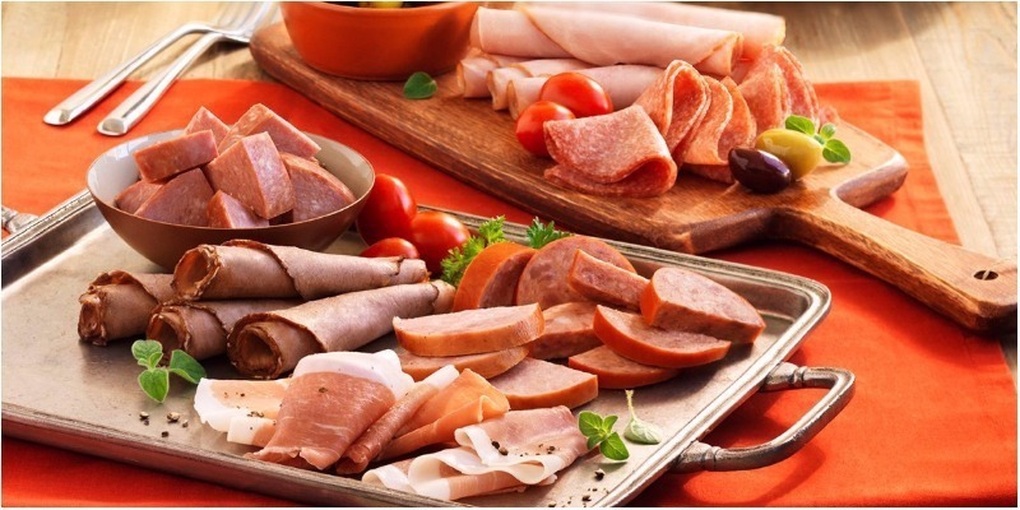
WHO classifies processed meat as carcinogenic to humans due to its nitrite content (Photo: Getty).
In 2015, WHO officially classified processed meat such as sausages, cold cuts, salami, sausages... into Group 1: Carcinogens for humans according to the classification of IARC (International Institute for Research on Cancer) on par with tobacco and asbestos.
The cause lies in nitrite salt - a preservative commonly used to preserve color and extend shelf life. Under acidic stomach conditions, nitrite can be converted into nitrosamine, a substance capable of causing colorectal, stomach and esophageal cancer.
Several studies have shown that regular consumption of these products is associated with a higher risk of cancer, especially in people whose diets are low in vegetables and fiber.
Foods fried at high temperatures
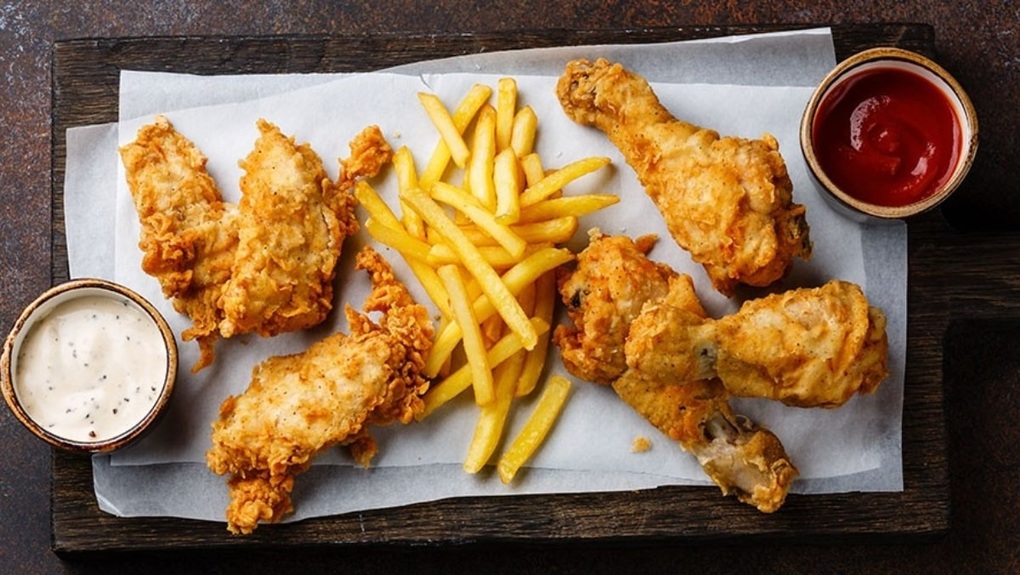
Foods fried at high temperatures can produce acrylamide, a compound with potential cancer risks (Photo: Getty).
The crispy, fatty feeling of fried potatoes or fried chicken is irresistible to all ages. But every time the oil is boiled at high temperatures (over 120°C), especially when used repeatedly, the chemical reaction between sugar and the amino acid asparagine in starchy foods occurs more strongly, creating acrylamide, a compound that the International Agency for Research on Cancer (IARC) has classified as group 2A, meaning "possibly carcinogenic to humans".
Acrylamide is rarely found in raw foods. It is formed during high-temperature cooking. Several epidemiological studies, including meta-analyses, indicate that people whose diets contain high levels of acrylamide have a higher risk of endometrial cancer.
Burnt meat
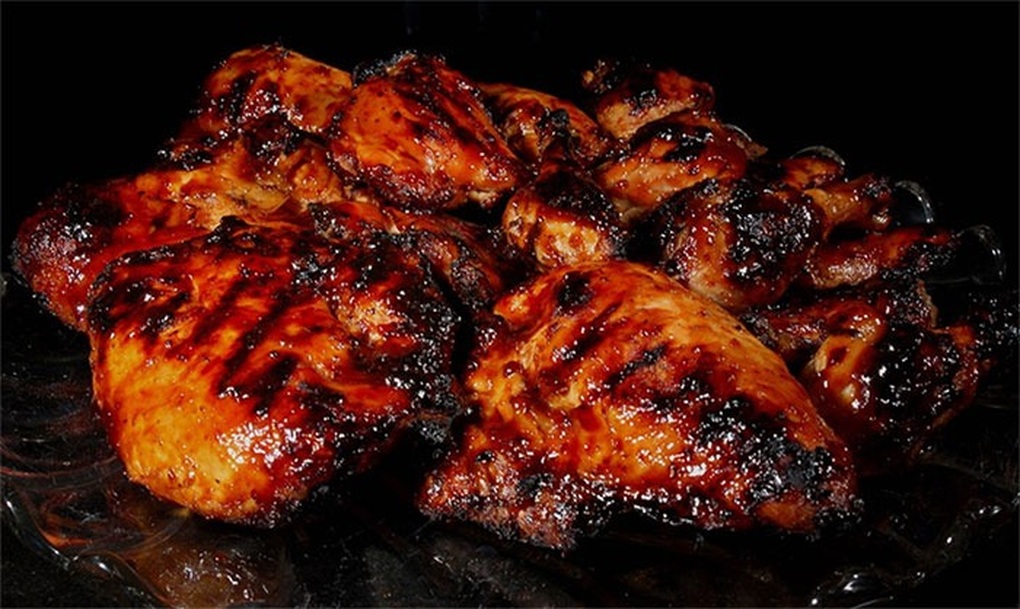
Charred meat can create carcinogenic compounds such as HCAs and PAHs, especially when exposed directly to fire or hot coals (Photo: Getty).
Meat grilled over charcoal, especially when the fat drips onto the charcoal stove creating smoke, will produce PAHs (Polycyclic Aromatic Hydrocarbons) - a group of chemicals that have been shown to cause cancer in experimental models.
Additionally, grilling at high temperatures also creates HCAs (Heterocyclic Amines), compounds formed when amino acids, sugars, and creatine (in red meat) react with each other. Both PAHs and HCAs can damage DNA and are classified as possible human carcinogens.
The more often you eat grilled meat, especially charred meat, the greater your risk. A study from the University of Minnesota found that people who ate charred meat more than twice a week had a 60% higher risk of pancreatic cancer.
Sugary drinks
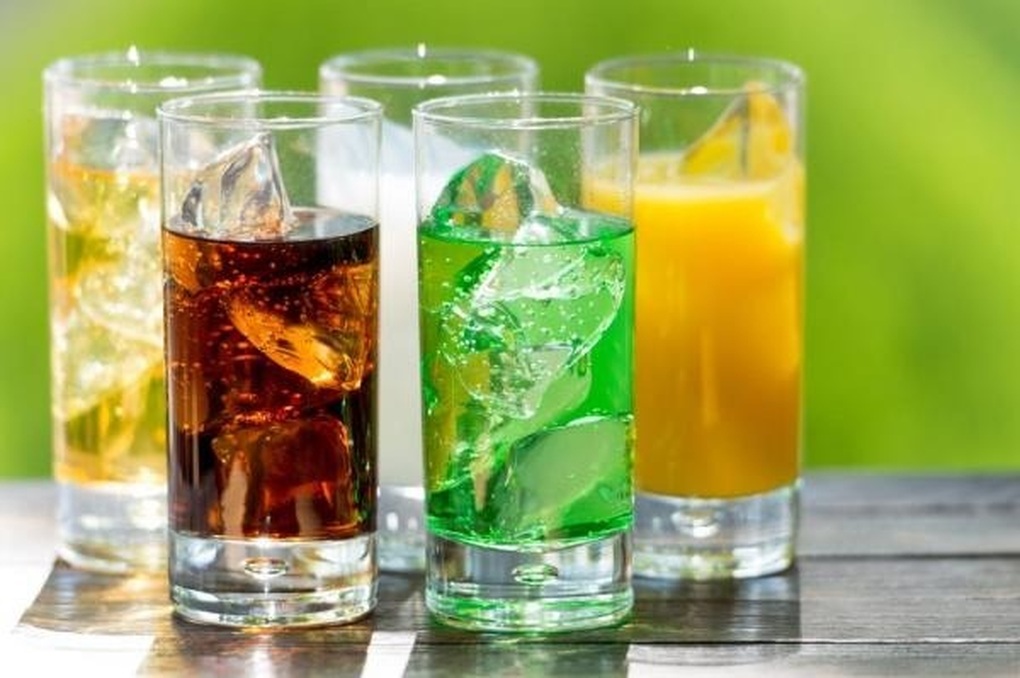
Sugary drinks such as soft drinks and milk tea can increase the risk of cancer, especially breast cancer (Photo: Getty).
Sugary drinks such as soft drinks, milk tea, energy drinks, etc. are not only related to obesity and diabetes, but are also considered risk factors for many types of cancer.
A 2019 study published in the medical journal The BMJ followed more than 100,000 people for 5-9 years and found that drinking just 100ml more soft drinks per day increased the risk of overall cancer by 18%, including a 22% increase in breast cancer.
Refined sugar not only promotes inflammation in the body, but also allows cancer cells to grow faster in a high insulin environment. Regular consumption of sugary drinks not only causes weight gain but also disrupts metabolism at the cellular level.
Eat salty
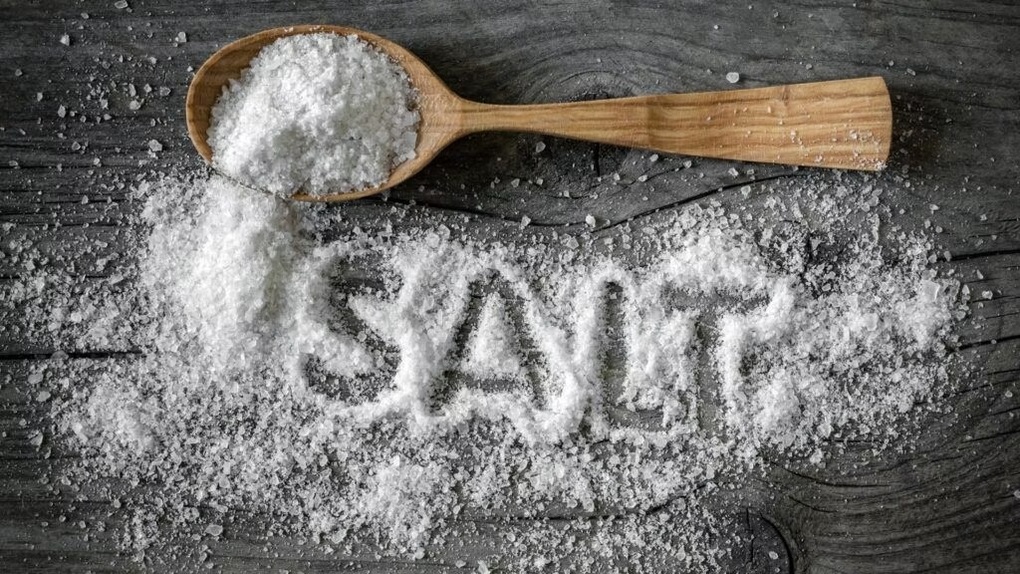
Long-term salt intake increases the risk of stomach cancer due to mucosal damage and creates conditions for H. pylori bacteria to grow (Photo: Getty).
According to the World Health Organization, the recommended amount of salt that an adult should consume is less than 5g/day. However, in Vietnam, the average consumption is twice as high as this threshold.
Salt not only increases blood pressure but is also a leading risk factor for stomach cancer. Long-term salt intake will damage the stomach lining, weaken the mucosal barrier and create conditions for Helicobacter pylori bacteria to grow.
Foods such as pickled cucumbers, pickled eggplant, dried fish, fish sauce, canned food... if not controlled in dosage and frequency of use will significantly increase the risk.
Cancer does not only come from cigarettes, alcohol or environmental pollution. It can be nurtured every day, from seemingly harmless dishes that you still put on your dinner table.
By reducing the frequency of consuming processed foods, fried foods, soft drinks and salt, we can proactively reduce the risk of chronic diseases, including cancer.
Source: https://dantri.com.vn/suc-khoe/nhung-mon-an-tuong-vo-hai-lai-la-ban-than-cua-te-bao-ung-thu-20250916105149869.htm







![[Photo] "Ship graveyard" on Xuan Dai Bay](https://vphoto.vietnam.vn/thumb/1200x675/vietnam/resource/IMAGE/2025/11/08/1762577162805_ndo_br_tb5-jpg.webp)








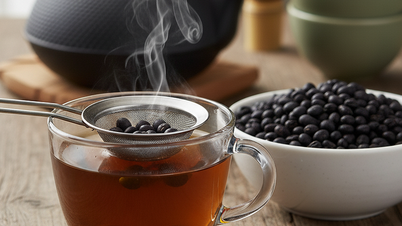
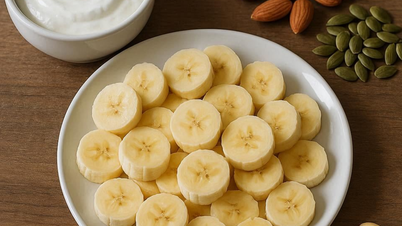






















![[Video] Hue Monuments reopen to welcome visitors](https://vphoto.vietnam.vn/thumb/402x226/vietnam/resource/IMAGE/2025/11/05/1762301089171_dung01-05-43-09still013-jpg.webp)



































































Comment (0)